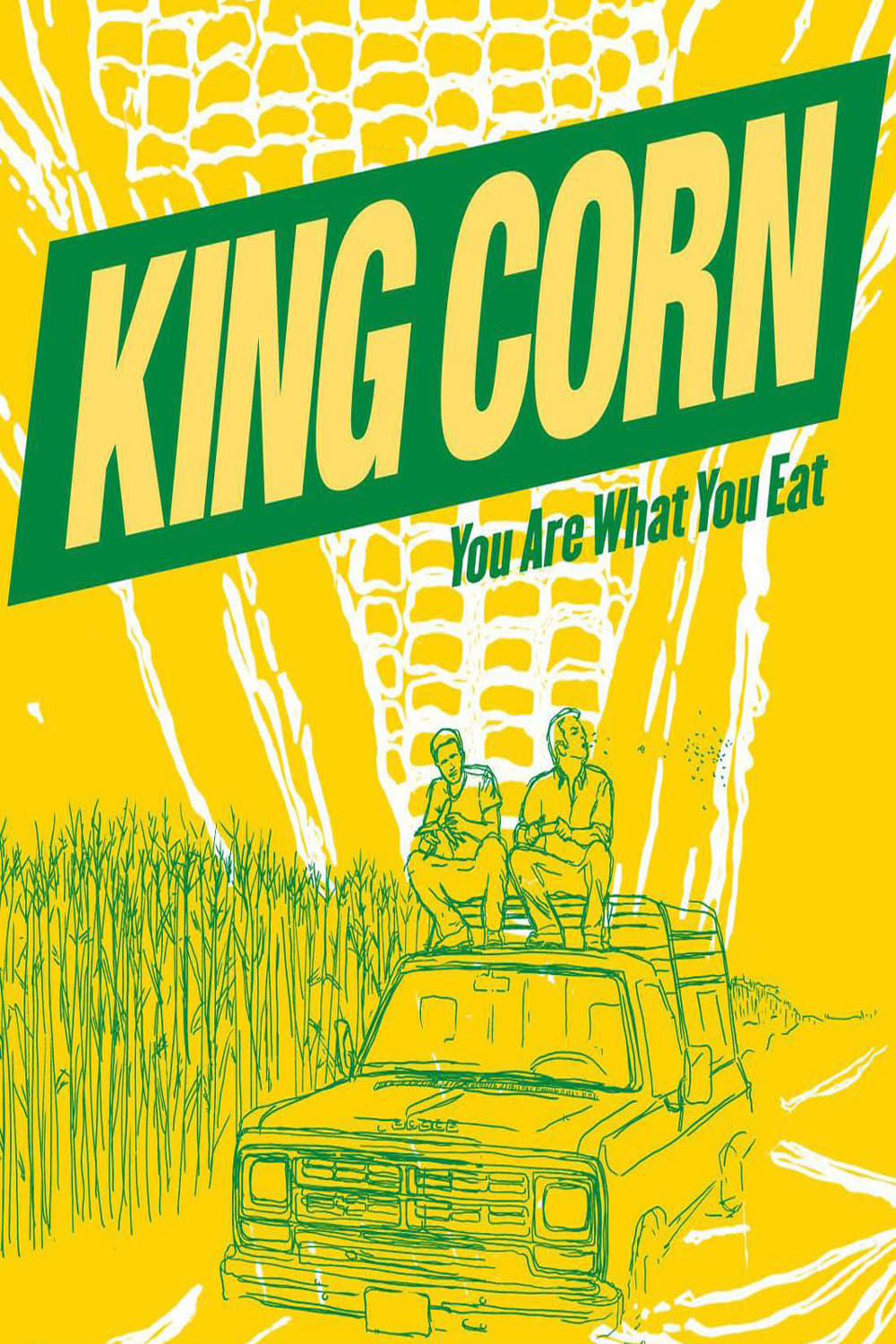
King Corn is a fun and crusading journey into the digestive tract of our fast food nation where one ultra-industrial, pesticide-laden, heavily-subsidized commodity dominates the food pyramid from top to bottom – corn. Fueled by curiosity and a dash of naiveté, two college buddies return to their ancestral home of Greene, Iowa to figure out how a modest kernel conquered America. With the help of some real farmers, oodles of fertilizer and government aide, and some genetically modified seeds, the friends manage to grow one acre of corn. Along the way, they unlock the hilarious absurdities and scary but hidden truths about America’s modern food system in this engrossing and eye-opening documentary.
28 Nov King Corn (2007)
Field of Dreams
Modern documentaries fascinate me.
In theory, the documentary category is an investigation, explanation or essay on something, presumably something both real and true. Because there is the supposition that the thing is interesting of worth hearing about for some reason, one assumes that most documentaries would be compelling things. All you have to be is a good enough storyteller and let the truth take over.
You have to pick the right story though. Al Gore’s story should not have been that the planet is going amuck and will kill us, but that it is doing so not because of corrupt government or greedy corporations, but because of us, and things we think are reasonable.
Rather than trust the story, most modern documentarians add in another story to grab our attention, and then slip in the real story under it. Thus, in a documentary about unhealthy fast food, we have the primary story about a goof who tries to eat nothing but fast food. I’m interested in these things because this is a modern phenomenon, and is made possible — I think — because of our desire for layered (I prefer folded) narrative.
To the movie. Here is the real story: The US constitution allowed two senators per state, and that was carried over to the new states regardless of wisdom. So we have some states with disproportionate power over the public purse. As they are farming and ranching states, that power transforms into huge, irrational farm subsidies. There are all sorts of unintended consequences, noted here. One is that food production has shifted to the creation of biomass for the sweetener, meat and ethanol industries.
Each of these has its own subsidies further distorting the balance. Another is that food has become extraordinarily cheap — the lowest cost ever in the history of mankind. This in turn has modified consumer habits allowing unnecessary luxury items not possible before.
This film only deals with the massive health problems from bad meat and sweetener. It uses two devices.
One is the story of two young guys, how they “came home” to Iowa and leased an acre on which to grow corn. They noodle about, discovering what will happen to “their” corn, and thus reveal the facts, usually as told to the boys by an expert. Its rather obvious that most of the interviews are rehearsed, and that they would be precisely the same without this framing story. Unfortunately, the two guys — who are two of the several writers for all the fiction — aren’t interesting or appealing. Their host apparently goes bankrupt at the end, an extraneous unexplained fact.
We leave the boys playing on an acre of grass in the midst of a vast corn planting — their acre ostentatiously withdrawn from the system.
The other device is some stop-motion animation involving kernels of corn, a map and sometimes a toy farm set — which cleverly appears in the disposal auction of the displaced farmer at the end. This animation adds no information or explanatory value. Its there simply to be cute, and perhaps to break the monotony.
It is a strong story, this meat and sweet disaster. It could have been a strong film. It could have used folding effectively.
Posted in 2009
Ted’s Evaluation — 3 of 3: Worth watching.


No Comments